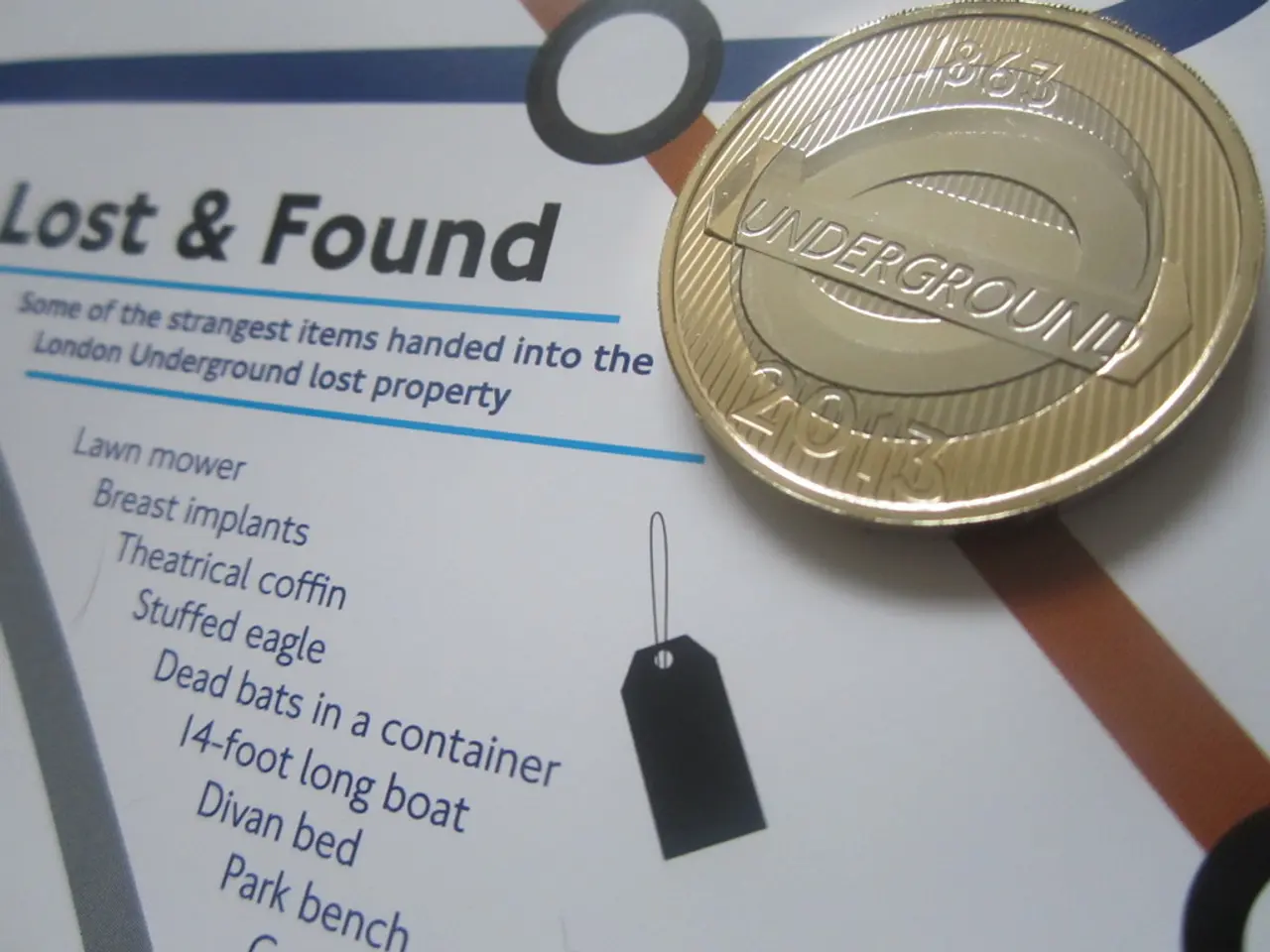Bitcoin-friendly banks now permitted in El Salvador, eyeing high-net-worth individuals with over $250,000 worth of investment.
El Salvador Establishes Institutional-Grade Bitcoin Investment Banks
El Salvador has taken a significant step forward in its embrace of Bitcoin, with the enactment of a new Investment Banking Law in July 2025. This legislation paves the way for private investment banks to operate entirely in Bitcoin, catering exclusively to high-net-worth clients and institutional investors.
The new framework, overseen by the Central Reserve Bank of El Salvador (BCR) and the Superintendency of the Financial System, sets stringent capital requirements and regulatory oversight to ensure the safety and transparency of Bitcoin banking operations.
Key Features of the Framework
Investment banks focusing on Bitcoin must maintain a minimum share capital of $50 million to qualify for licensing under this law. They can seek a Digital Asset Service Provider (PSAD) license, which allows them to engage with digital assets and operate as Bitcoin banks if desired.
The services are specifically for high-net-worth individuals and institutional clients, those with at least $250,000 in liquid assets, excluding general public retail clients. This focus on sophisticated investors aligns with standards similar to accredited investors in the U.S.
The regulatory oversight is robust, with the BCR and the Superintendency of the Financial System overseeing compliance with capital thresholds, liquidity ratios, and risk management standards to mitigate the risks associated with crypto activities.
The law distinguishes investment banks from commercial banks, applying a separate regulatory regime tailored to crypto and digital asset operations, enhancing regulatory clarity for digital finance in El Salvador.
Policy Context
This framework is designed to comply with International Monetary Fund conditions related to recent loans—specifically prohibiting public Bitcoin purchases by the government—and aims to stimulate foreign investment and position El Salvador as a regional financial and fintech hub focused on Bitcoin and digital assets.
Services and Operations
Under the new rules, these banks can underwrite securities, manage assets, structure corporate transactions, and handle cross-border financing while holding digital assets directly on their balance sheets. Compliance audits and monitoring of transparency will be performed by the Superintendency of the Financial System (SSF) to ensure investor protection.
The exclusivity of the banking model is expected to attract multinational investment groups and capital flows in search of a crypto-friendly jurisdiction. Juan Carlos Reyes, president of the Commission of Digital Assets (CNAD), stated that a bank could choose to operate entirely as a Bitcoin bank with the proper license.
The PSAD license allows the banks to provide a range of services in Bitcoin, tokenized products, USD, gold, or other approved assets, resembling accredited investor protection in the U.S., making the banking model an institutional-grade finance approach as opposed to retail markets.
[1] Central Reserve Bank of El Salvador (BCR) [2] Superintendency of the Financial System (SSF) [3] Commission of Digital Assets (CNAD) [4] International Monetary Fund (IMF) [5] Private Investment Banks (PIBs)
- The new Investment Banking Law in El Salvador allows for private investment banks to operate entirely in Bitcoin, serving high-net-worth clients and institutional investors.
- To qualify for licensing, Bitcoin-focused investment banks must maintain a minimum share capital of $50 million and can seek a Digital Asset Service Provider (PSAD) license.
- The services are intended for sophisticated investors with at least $250,000 in liquid assets, excluding general public retail clients.
- The Central Reserve Bank of El Salvador (BCR) and the Superintendency of the Financial System (SSF) oversee compliance with capital thresholds, liquidity ratios, and risk management standards to ensure safety and transparency.
- The International Monetary Fund (IMF) conditions related to recent loans prohibit public Bitcoin purchases by the government but aim to stimulate foreign investment, positioning El Salvador as a regional fintech hub for Bitcoin and digital assets.
- Under the new rules, these banks can handle cross-border financing, manage assets, structure corporate transactions, and hold digital assets directly on their balance sheets, with compliance audits and monitoring by the Superintendency of the Financial System (SSF) to ensure investor protection.



